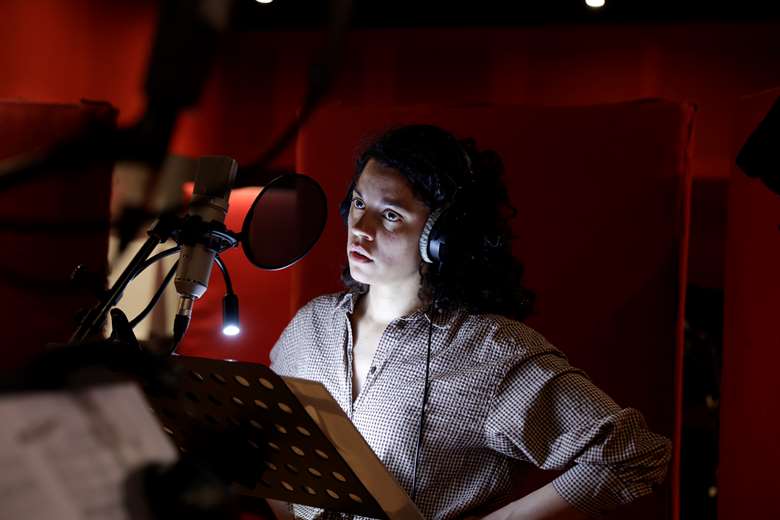U.ME: The Musical – Part Two: Life and love after the pandemic
Jon Tolansky
Friday, January 26, 2024
This second instalment of Simon Pitts and Theo Jamieson’s radio musical examines the trauma broadly felt as the world returns to some semblance of normal following the upheaval of the pandemic. Jon Tolansky explores how this unique medium presents the story of a couple brought together – and pulled apart – by Covid and its consequences


Register now to continue reading
Don’t miss out on our dedicated coverage of the classical music world. Register today to enjoy the following benefits:
- Unlimited access to news pages
- Free weekly email newsletter
- Free access to two subscriber-only articles per month
